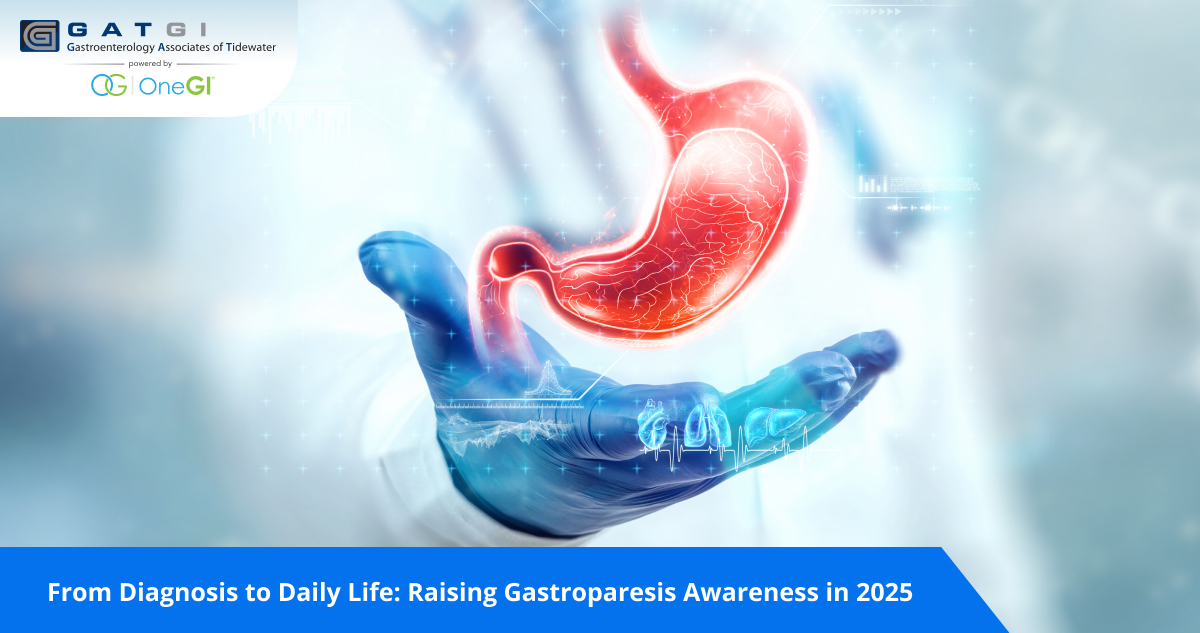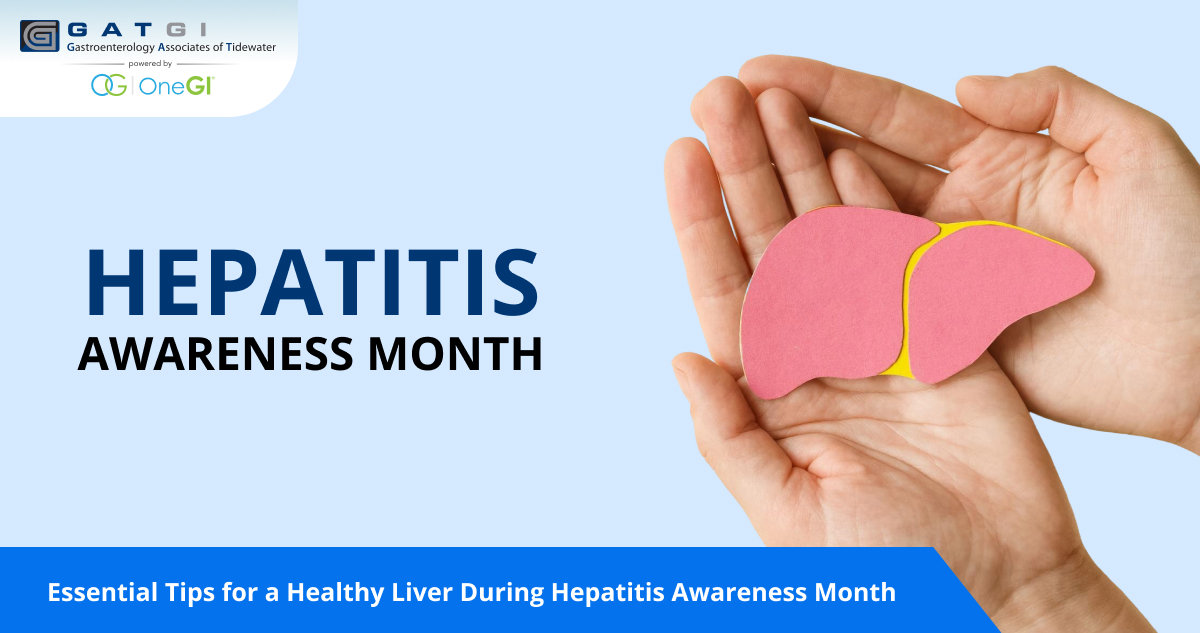Imagine starting each day not knowing what surprises your stomach might have in store for you. That’s the reality for many people living with Irritable Bowel Syndrome (IBS). This chronic condition can significantly impact daily life, making even simple activities a challenge. But can those living with IBS lead a long and normal life? Absolutely. In this guide, we will explore what IBS is, the challenges it presents, and practical strategies to manage it effectively.
What is IBS?
Irritable Bowel Syndrome (IBS) is a common gastrointestinal disorder that affects the large intestine. It is characterized by symptoms like abdominal pain, bloating, gas, and altered bowel habits, including diarrhea and constipation. IBS is a chronic condition, which means it requires long-term management.
Can IBS Affect Your Liver?
Irritable Bowel Syndrome (IBS) primarily affects the large intestine but can also have indirect effects on liver function through various mechanisms. Stress and anxiety associated with IBS may increase liver enzymes due to the body’s heightened alertness. Moreover, dietary adjustments made to alleviate IBS symptoms can impact liver health; for instance, a high-fat diet could worsen conditions like non-alcoholic fatty liver disease (NAFLD), which has been linked to IBS. Research indicates a correlation between obesity, IBS, and NAFLD, highlighting the complex interplay between gut and liver health. While IBS itself does not directly cause liver disease, it is crucial to monitor liver function and consult healthcare providers regularly to maintain optimal liver health while managing IBS symptoms.
Causes and Triggers of IBS
The exact cause of IBS remains unclear, but it is believed to arise from a combination of factors. These may include genetic predisposition, changes in gut microbiota, and abnormal gastrointestinal motility. Stress and emotional factors can also play a significant role, as many individuals report symptom flare-ups during periods of heightened anxiety or emotional distress. Additionally, certain dietary choices can exacerbate symptoms; common triggers include high-fat meals, dairy products, and foods high in sugar or artificial sweeteners. Understanding these causes and triggers is essential for those living with Irritable Bowel Syndrome, as it can lead to more tailored approaches in identifying personal patterns and developing effective coping strategies.
Challenges of Living with IBS
Daily Challenges
Living with IBS can be unpredictable. One day you might feel fine, and the next, you’re dealing with severe abdominal pain and bloating. This unpredictability can make planning and participating in daily activities difficult. Social events, work meetings, and travel can become sources of anxiety.
Understanding how to live with IBS involves adopting a proactive approach to symptom management. This includes recognizing personal triggers, maintaining a balanced diet, and incorporating stress-reduction techniques into daily routines.
Lifestyle Strategies for Managing IBS
Diet
One of the most effective ways to manage IBS symptoms is through an irritable bowel syndrome diet. Here are some dietary tips:
- Avoid Trigger Foods: Common trigger foods include dairy, gluten, fatty foods, and certain fruits and vegetables.
- Low FODMAP Diet: This diet focuses on lowering the intake of foods rich in specific fermentable sugars known as FODMAPs, which stands for Fermentable Oligosaccharides, Disaccharides, Monosaccharides, and Polyols. By reducing these sugars, individuals may find relief from various digestive symptoms. These foods may include wheat, onions, and garlic.
- Probiotics: Probiotics are beneficial bacteria that can help balance gut flora and improve digestion. They are found in foods like yogurt, kefir, sauerkraut, and miso.
- Stay Hydrated: Drinking plenty of water can help keep your digestive system functioning smoothly.
Stress Management
Stress is a significant trigger for IBS symptoms. Implementing stress-reducing techniques can make a big difference:
- Mindfulness and Meditation: Practices like mindfulness meditation can help reduce stress and improve your overall well-being.
- Exercise: Regular physical activity releases endorphins, which can help manage stress levels.
- Therapy: Cognitive-behavioral therapy (CBT) has been shown to be effective in reducing the impact of stress on IBS symptoms.
Physical Activity
Exercise is not just good for your physical health; it’s also beneficial for managing IBS:
- Low-Impact Activities: Activities like walking, yoga, and swimming can help improve digestion and reduce stress.
- Regular Routine: Establishing a regular exercise routine can help regulate bowel movements and reduce symptoms.
Medical Approaches and Treatments
There are several medications available to help manage IBS symptoms:
- Antispasmodics: These can help reduce abdominal pain and cramping.
- Laxatives: Laxatives can help alleviate constipation.
- Anti-diarrheal Medications: Can help control diarrhea.
While various medications can assist in managing IBS symptoms effectively, it is crucial to consult with a healthcare provider before starting any new treatment regimen. This ensures that the chosen approach is safe and appropriate for your specific condition and health history. It’s always advisable to discuss potential side effects and interactions with other medications to tailor the treatment to your needs.
For more information about IBS or other types of gastrointestinal treatment, schedule an appointment with Gastroenterology Associates of Tidewater. If you are Googling “gastroenterology physicians near me,” our board-certified gastroenterologists provide state-of-the-art medical care and are dedicated to helping you manage your IBS effectively. Contact us at (757) 547-0798 to learn more and take the first step towards a healthier, happier life.







